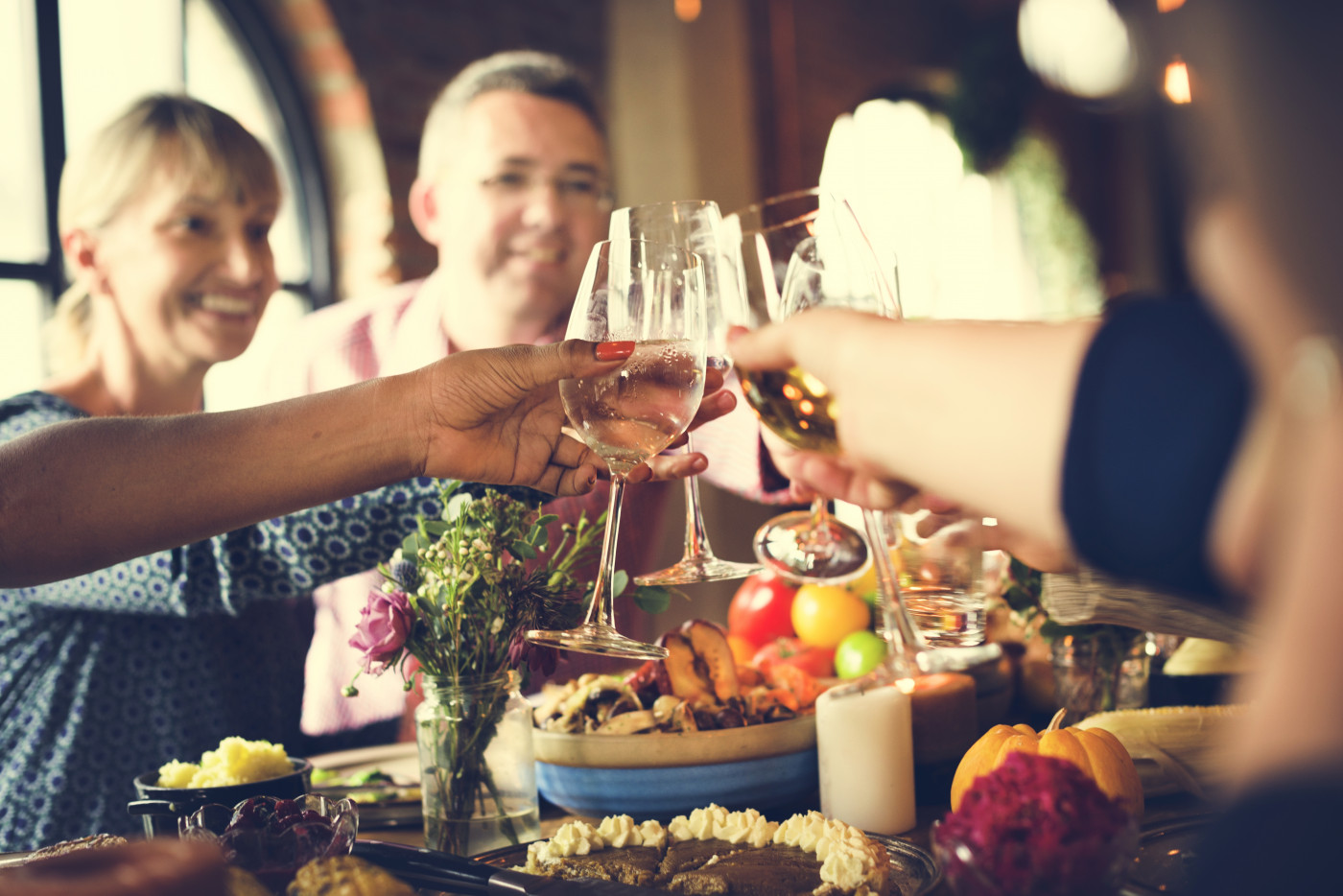As the Holidays Approach, It’s OK to Say No

After dealing with a pandemic for more than eight months, many in my area are growing restless. I can’t say I haven’t felt the same way at times.
But what I find most disturbing is when people pretend that nothing has happened. Hello! We’re still in a pandemic, y’all.
On Friday, our local TV news station, ABC13, suggested that families should avoid planning big gatherings for the upcoming Thanksgiving holiday. A week earlier, I had spoken with my therapist about how different this year would be during the holidays. The topic weighs heavily on my mind because my parents live out of state. I know I’m not the only one disheartened by this situation.
My therapist kept picking my brain about the topic. Thinking about it a little more, I replied, “This year, we all need to be grateful that we are still alive and breathing.” Many families will have empty chairs at their tables this holiday season because of the novel coronavirus.
All we can do is hope that by the next holiday season, we will have returned to normal as much as possible. With this mindset, I must constantly remind myself that this, too, will be OK.
Despite how much I would love to see family and friends, it is currently unsafe to do so. With a resurgence of the virus in many areas being disregarded by so many people, it doesn’t look like things will change anytime soon. We’re all eager to see our friends and family.
Before the pandemic, we had to avoid anyone who was sick or feeling unwell. Now, staying safe involves so much more than that. For example, if we plan to attend a gathering, we should ask questions to assess our personal comfort level. We can start by discussing our comfort level with those in our own household, because what one person does can affect an entire household.
One critical factor is whether people follow social guidelines when they are not around me. If the answer is no, I can say no to a social gathering without much guilt.
For me, saying no to things has always been a struggle. I don’t want to disappoint others or make them upset. But failing to say no just to please others can threaten our health.
Most people, unless they have a chronic or rare condition, don’t seem to understand this. Some may think that we live in fear or allow the government to control us. My response to these folks is that I live with a rare and life-threatening lung disease called pulmonary hypertension (PH). I also have family members and other loved ones in the high-risk group.
Because I’m in this high-risk group, I need to protect myself, my family, and the other loved ones around me. This means I must carefully choose the activities I take part in. As a “people person,” this is difficult for me to grasp. But everyone needs to get out of their comfort zone a little if we want to improve this situation.
I realize I am not the only one who has felt guilty about declining an invitation this year. The truth is that we are still in the middle of a pandemic. Reminding ourselves of that helps. We can also be open and honest and avoid making excuses when declining an invitation. This helps to alleviate extra stress, which often exacerbates PH symptoms.
Video calls, texts, and sending cards have helped, as we all crave that social connection. While it isn’t the same as face to face interaction, it is better than not connecting at all.
As social restrictions lift, we will find ourselves with these internal conflicts. We want to enjoy ourselves with our friends and family, but we also must protect ourselves. By having a plan in place early, this helps to manage expectations when the time comes.
This holiday season, let’s try to make the safest decisions that allow us to be OK mentally and physically. We can stay positive despite the pandemic.
Do you feel guilty when declining an invitation during the pandemic? Let’s talk about this. Please share in the comments below.
***
Note: Pulmonary Hypertension News is strictly a news and information website about the disease. It does not provide medical advice, diagnosis, or treatment. This content is not intended to be a substitute for professional medical advice, diagnosis, or treatment. Always seek the advice of your physician or other qualified health provider with any questions you may have regarding a medical condition. Never disregard professional medical advice or delay in seeking it because of something you have read on this website. The opinions expressed in this column are not those of Pulmonary Hypertension News or its parent company, Bionews, and are intended to spark discussion about issues pertaining to pulmonary hypertension.








Comments